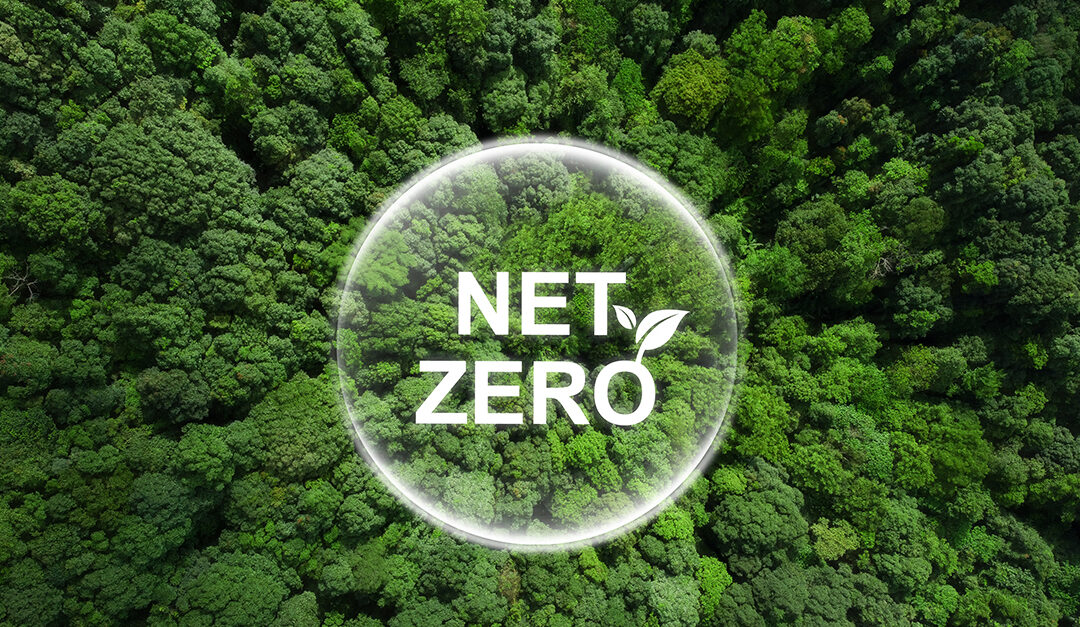The Science Based Targets initiative (SBTi) has published the draft Version 2 of its Corporate Net-Zero Standard, ushering in tighter rules and a stronger focus on value chain engagement. Public consultation is open until 1 June 2025, and companies are urged to provide feedback via the official consultation portal.
Key changes include:
New company classifications:
Category A covers large global companies and medium-sized firms in wealthier nations. Category B includes medium-sized firms in lower-income countries and all small/micro enterprises.
Commitment rules updated:
Companies must now publicly declare their net-zero targets. Category A has 12 months to set targets; Category B has 24. A climate transition plan is also required within 12 months of SBTi validation.
Tighter emissions reporting:
Base years must reflect typical operations and align with financial reporting (no more than three years prior). Emissions inventories must be complete – no exclusions allowed. Category A companies must obtain limited assurance.
Target-setting criteria strengthened:
Long-term and near-term targets aligned to the 1.5°C pathway are required, with greater specificity for Scope 1, 2, and 3. Scope 3 now focuses on high-impact activities over rigid coverage percentages.
Value chain focus:
Companies must influence supplier and partner emissions using flexible methods – absolute reductions, intensity improvements, or net-zero alignment.
Residual emissions & ongoing accountability:
Removal targets and beyond value chain mitigation strategies are now expected for comprehensive climate action.
From 2027, all companies must use Version 2. Businesses are advised to assess their current plans and data systems now to prepare.
If you would like to speak to someone about the content in article or details about our services, please contact our Customer Relationship Management team today on 01375 856060 or email crmteam@ugroup.co.uk.

